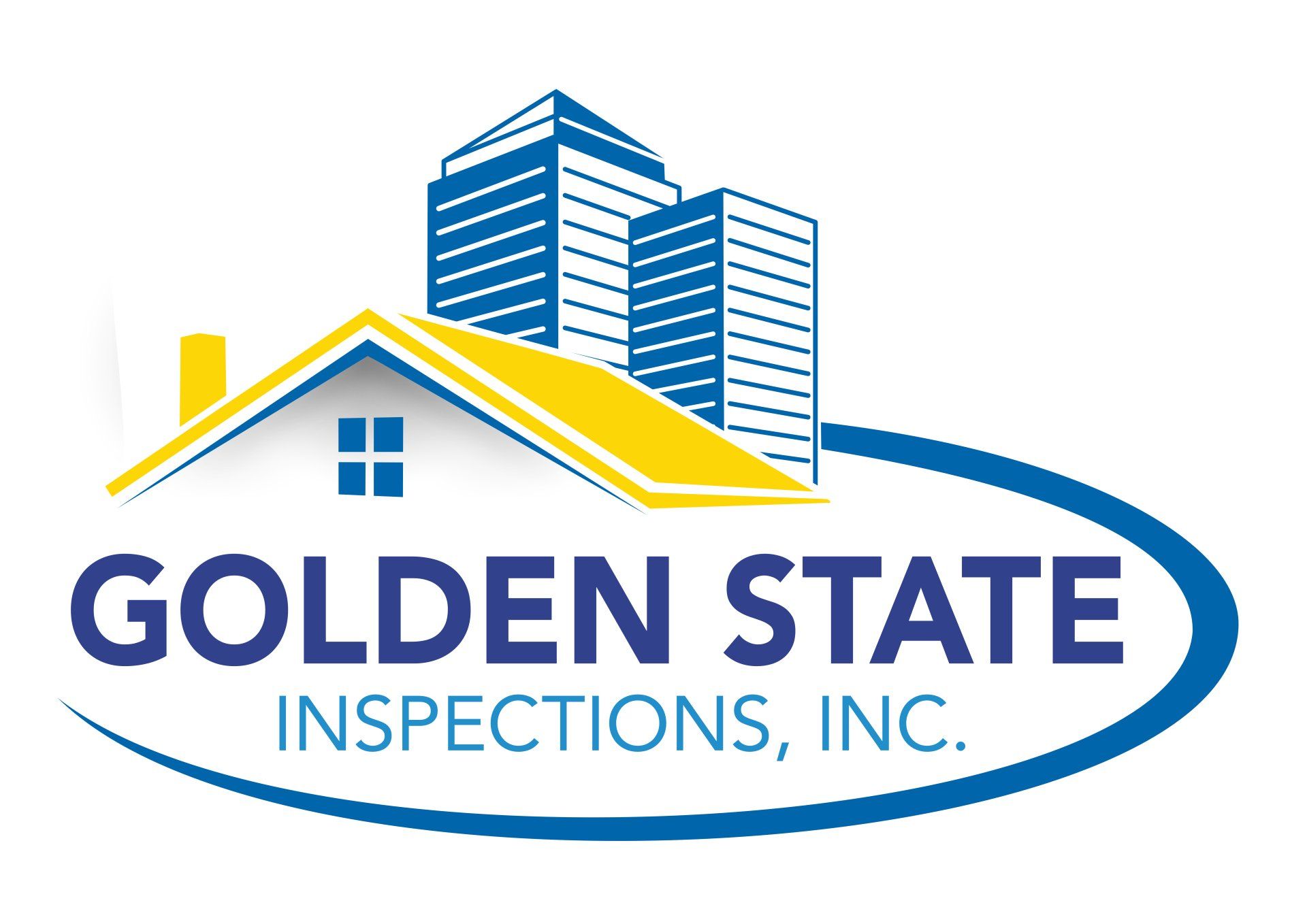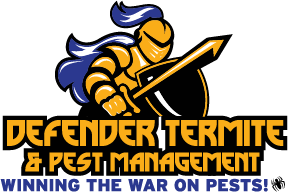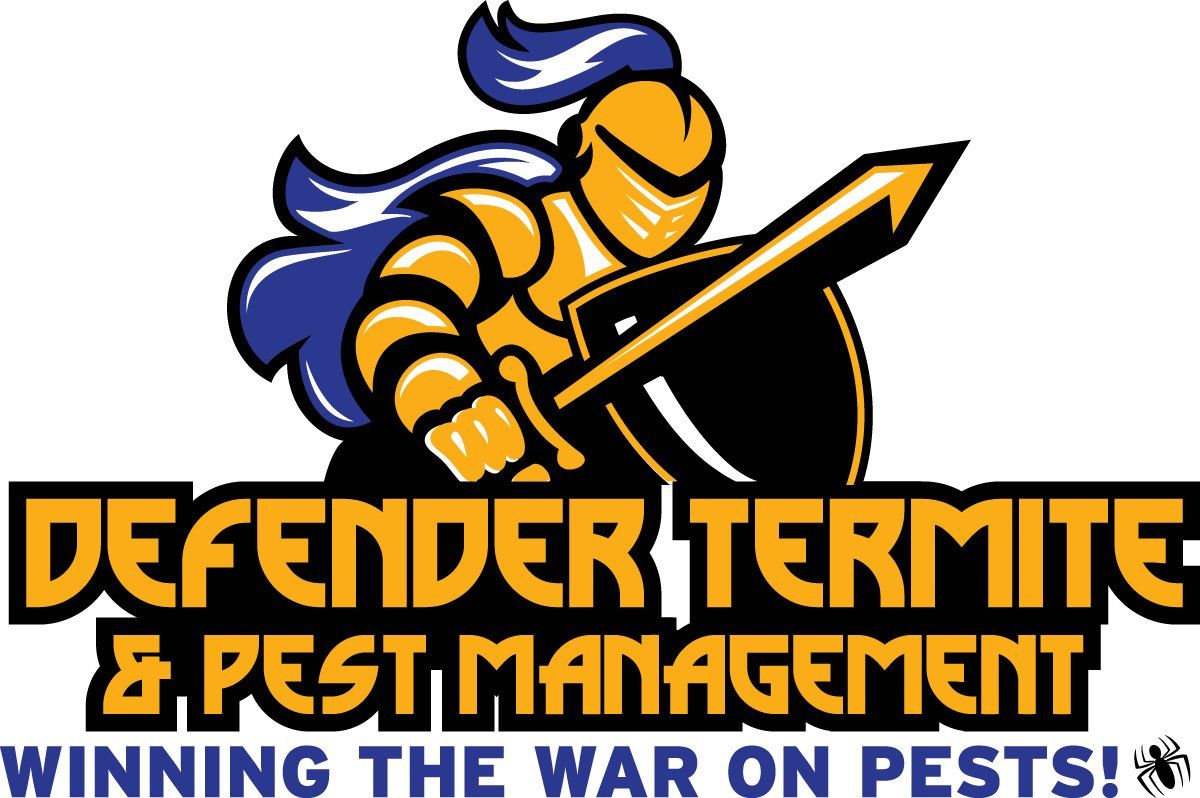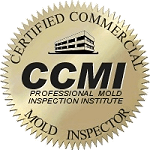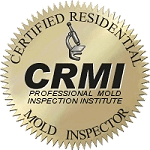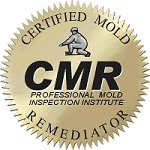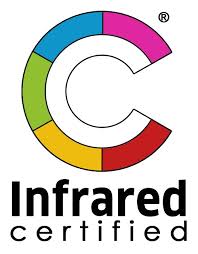Insurance Renewal Inspections
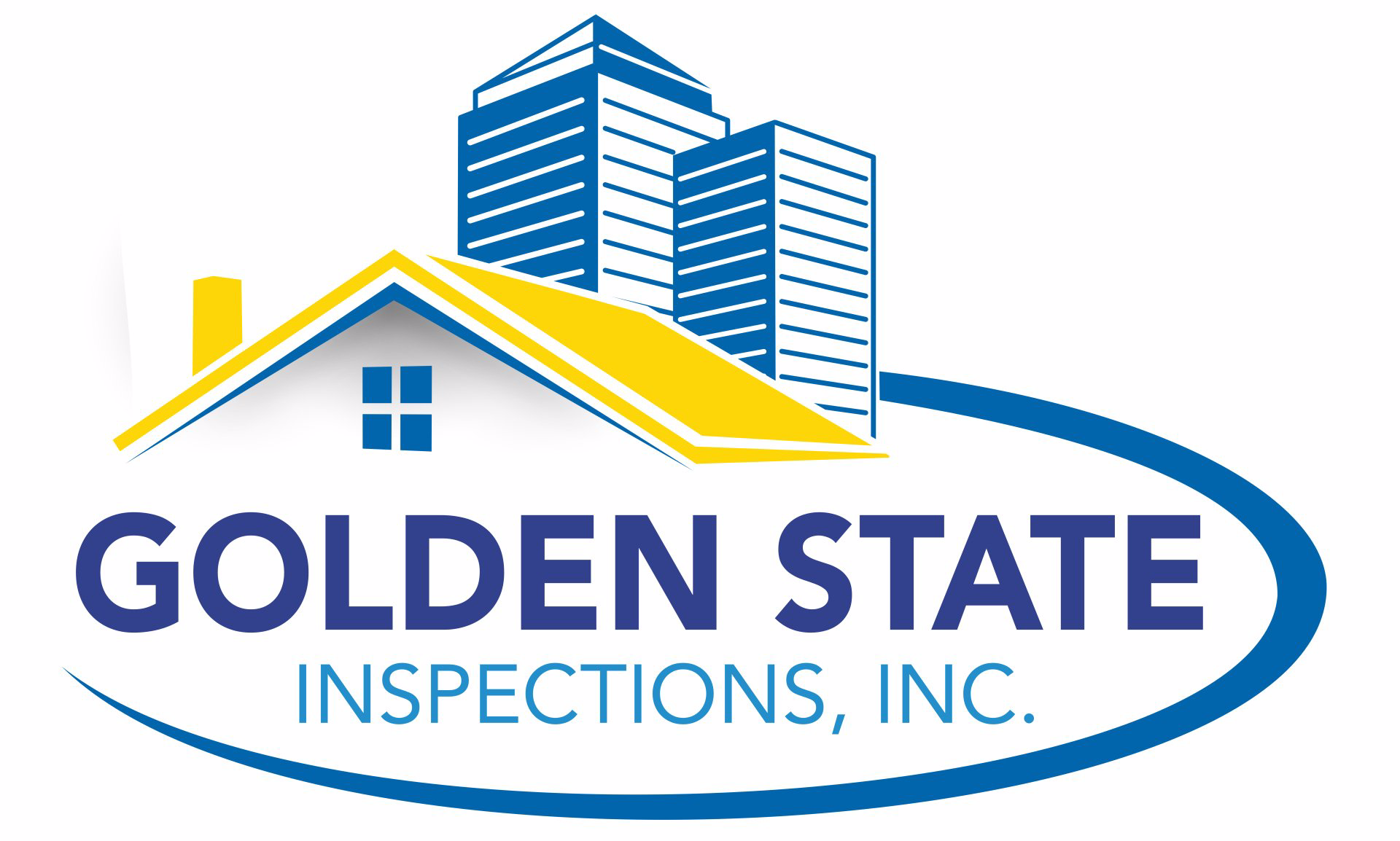
What Is An Insurance Inspection?
Insurance inspections are inspections designed to evaluate the four major systems of
your home. These include the roofing, electrical, plumbing, and HVAC (Heating,
Ventilation, and Air Conditioning) systems. These types of inspections are usually ordered by homeowners insurance companies to evaluate their risk before issuing a homeowners insurance policy. Read on to learn more about the purpose of four-point inspections.
Benefits of Four-Point Inspections
If you’re switching homeowners’ insurance providers or you’re purchasing a homeowners insurance policy for the first time, you’ll likely need to get a four-point home inspection. Sometimes called insurance inspections, four-point home inspections have many benefits for you and your prospective insurer.
They’re Faster & More Affordable Home Assessments
Four-point home inspections cost a fraction of what a comprehensive home inspection does. Plus, they take just a fraction of the time to complete when compared to a full home inspection, which can take several hours.
They’re Proactive Ways to Identify Existing or Future Issues
Four-point home inspections cover only the major systems of your home. But it’s for good reason. These systems are the ones most likely to need costly repairs at some point during their operating life. Getting ahead of brewing issues with a four-point inspection helps you plan for the cost of future repairs and replacements. It also helps homeowners’ insurance companies more accurately quote your home’s insurance premium.
They Offer Peace of Mind About the Condition of Your Home
Both you and your potential home insurer gain valuable peace of mind after a four-point inspection. In fact, these inspections are useful as general maintenance inspections, too. As a homeowner, you’ll learn more about the maintenance and repair needs of your home. And your prospective insurer can more accurately estimate the cost of insuring your home.
They Can Help You Save Money on Your Homeowners’ Insurance Premium
Not every homeowner’s insurance company requires a four-point inspection before
insuring a home. But as an incentive, some companies will offer you a discount on your premium if you have a four-point inspection completed – and especially if your home meets certain safety standards.
What Does a Four-Point Inspection Include?
During a four-point inspection, a home inspector will visually evaluate the four major systems of your home: the roof, electrical, plumbing, and HVAC.
Roof
A home inspector will visually inspect your roof, looking for any signs of damage or deterioration in roofing materials and shingles. The inspector will also check the soundness of the roof construction both inside and out and note the age of the roof. If your roof appears more than 20 years old (the average lifespan of a roof), there’s a chance the insurer may deny coverage unless your roof is replaced.
Electrical System
A home inspector will visually inspect your home’s electrical panel, circuits, wiring, and outlets. The inspector might use thermal imaging to look for “hot spots,” or areas where there may be malfunctions in electrical wiring. They will also note damage that may be a fire hazard and recommend repairs needed. Your insurance company may request that these repairs be completed before issuing you a policy.
Plumbing System
A home inspector will visually inspect your home’s plumbing system, including the design and installation quality of pipes, faucets, drains, sinks, bathtubs, showers, the water heater, and the toilets. The inspector might use a scope to inspect the interior of your home’s pipes in order to check for buildups leading to clogs. Sometimes, insurers will deny coverage based on pipe materials and installation quality – such as in older homes with risky polybutylene plumbing. In this case, plumbing repairs or updates may be needed before you can get coverage.
HVAC System
A home inspector will visually inspect your home’s heating, ventilation, and air conditioning system. The inspector will take temperature readings, check airflow, inspect ductwork, look for signs of water damage, and check the overall efficiency of the system. Older and more vulnerable HVAC systems might need updating before you can get insurance coverage.
How To Prepare For A Four-Point Home Inspection
There isn’t a lot you need to do as a homeowner to prepare for a four-point home inspection.
Above all, make sure that the home inspector has easy access to inspect the major systems of your home. Ensure electrical and water are both turned on (if you’re not living in the house yet). And if you already know there are issues with components, make sure to tell the home inspector up front. This cuts down on inspection time and ensures that the most pressing problems are addressed.
Four-Point Home Inspections vs. Comprehensive Home Inspections
A home inspection, in general, is always a good idea before purchasing a new home. Keep in mind, though, that four-point home inspections and full home inspections have different purposes.
| Four-Point Home Inspections | Full Home Inspections | |
|---|---|---|
| Purpose | Usually requested by a homeowners insurance company underwriting a new insurance policy | Usually requested by buyers before they purchase a home. Might also be requested by sellers before selling a home |
| Scope | Covers the four major systems of a home: HVAC, electrical, plumbing, roofing | Covers all major systems, components, and appliances in a home |
| How Long It Takes | Usually takes about an hour or so, depending on the size of the home | Can take 3 to 6 hours depending on the size of the home |
| Average Cost | $325 | $475 to $900 |
When Are Four-Point Home Inspections More Likely to Be Requested
There are a few situations where four-point home inspections are more likely to be requested by an insurer:
If your home is more than 10 years old
If your home hasn’t had a four-point home inspection in the last decade (if ever)
When you’re switching homeowners’ insurance companies and getting quotes
If you live in a higher-risk state that’s prone to natural disasters (like California)
It might not seem like it, but four-point home inspections aren’t just a way for an insurer to find issues with your home and potentially refuse coverage. When they’re performed by a qualified home inspector, these inspections are valuable ways to protect your biggest investment and ensure its safety. Remember, a full home inspection is always recommended but a four-point inspection may be all you need to satisfy your insurance company’s request for an inspection.
QUALITY INSPECTION SERVICES
BUYER INSPECTION
BUYER INSPECTION
COMMERCIAL INSPECTION
COMMERCIAL INSPECTION
MOLD INSPECTION
MOLD INSPECTION
SELLER INSPECTION
SELLER INSPECTION
WDO PEST INSPECTION
PEST INSPECTION
MOISTURE INSPECTION
MOISTURE INSPECTION
MULTI-FAMILY INSPECTION
MULTI-FAMILY INSPECTION
SEWER LINE INSPECTION
SEWER INSPECTION
INFRARED INSPECTION
INFRARED INSPECTION
MOLD
REMEDIATION

CONTACT US
Phone: 800.441.0804 (toll free)Local: 916.836.8337Fax: 877.919.6868
ADDRESS
LICENSE
ACCEPTED PAYMENTS
INSPECTION SERVICE AREA:
RESIDENTIAL / COMMERCIAL
Benicia, Davis, Elk Grove, El Dorado Hills, Fairfield, Folsom, Marysville, Manteca, Napa, Placerville, Roseville, Sacramento, Stockton, South Lake Tahoe, Tracy, Vacaville, Vallejo, Woodland, Yuba City
COMMERCIAL ONLY
San Jose, Santa Clara, Fremont, Sunnyvale, Oakland, Berkeley, San Francisco, Santa Rosa, Milpitas
NEED PEST CONTROL?

CONTACT US
CALL US
ADDRESS
9921 Horn Rd. Ste. B
Sacramento, CA, 95827
LICENSE
INSPECTION SERVICE AREA:
RESIDENTIAL / COMMERCIAL
Benicia, Davis, Elk Grove, El Dorado Hills, Fairfield, Folsom, Marysville, Manteca, Napa, Placerville, Roseville, Sacramento, Stockton, South Lake Tahoe, Tracy, Vacaville, Vallejo, Woodland, Yuba City
COMMERCIAL ONLY
San Jose, Santa Clara, Fremont, Sunnyvale, Oakland, Berkeley, San Francisco, Santa Rosa, Milpitas
